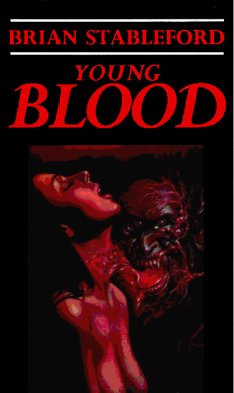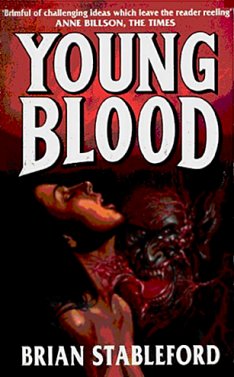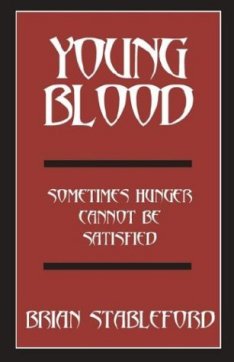Review by Ian Braidwood
Cast of Characters:
Anne Charet, Mr & Mrs Charet, Gil Molari, Maldureve, Dr Gray,
Sharon Charet, Daniel Calvert, WPC Linton, John MacKenzie, Janine
Leigh, Dr Fellows, Cynthia Leigh, Professor Michael R. Viners, Teresa,
Dr Chapman, Detective Sgt Derek Miller, a virus, lots and lots of
owls.
I well remember when this came out. I - like a significant number of
people - was waiting with unrestrainable hunger for The Carnival of
Destruction.
For me, the only way to find out if Brian's book had actually been published
was to scour the book shops as often as possible. This was before
I had the Internet and the only SF news available was through David
Langford's Ansible, as printed in Interzone. There was a delay in
printing Carnival and boy was I feeling it.
15th
January 1993 (No, I'm not that sad, I generally tuck the receipt inside
the book when I buy it. :-) and I was interrogating the shelves downstairs
at Murder One, to see if Carnival had appeared at last. There was
of course, the possibility that Murder One wouldn't stock it or had
already sold their copy, so I was afraid I'd miss out.
Thus
was my state of mind when I came across Young Blood. I grabbed it
off the shelf looked at the cover and went: "What!?!?!?"
I
could barely express my disappointment and revulsion. This wasn't
Carnival and the cover was disgusting! The conclusion was inescapable:
Brian had sullied himself by writing a horror story…
Well
how wrong can you be? Young Blood is now one of my favourite novels
and increasingly so, as my personal bias leans further in the direction
of philosophy. Also, my capacity for sycophancy has atrophied to mere
vestige, so I'll never experience that level of anticipation again.
Though it had its fun moments…
Young
Blood is ostensibly a vampire story, though a very different tale
from The Empire of Fear. It is told through the eyes of more than
one protagonist, so what is and isn't happening is obscure until the
very last pages.
Anne
Charet has just started her philosophy course. It is her first year
at university and she's facing living away from home for the first
time. She isn't a borderline anorexic, just thin okay?
With
this novel Brian has tried hard to present a more realistic portrayal
of a female character and is largely successful; making Anne sympathetic
and yet presenting male readers with one or two home truths about
the way women see men. This helps make Young Blood one of Brian's
most intimate stories and gives Anne a rich internal life.
The
story is also told from the point of view of Gil Molari, Anne's Californian
boyfriend, who is studying in England, because the sort of biochemical
research that interests him is outlawed stateside.
The transition between the two protagonists isn't smooth, mainly because
Gil's speech pattern is quite different, but you soon settle into
the new rhythm and the story returns to Anne as narrator in the final
part of the novel. I'm not sure whether Brian is successful at portraying
a Californian accent though.
One of the things I like about Brian is his high standard English means
that the language doesn't distract from the story; but perhaps this
gives Brain a slight disdain for the contractions which litter everyday
speech.
The original title for Young Blood was The Hunger and Ecstasy of Vampires,
and the cover might be considered a reasonable portrayal, with the
method of vampirism being accurately presented. However, Anne is far
too intelligent to fall for the lecherous ogre in the picture.
Maldureve
is actually quite suave in a calculated way and how he looks at various
points in the narrative is important to the story. He is a cross between
the consummate lover and protective father figure that someone who
feels exposed might well long for.
Young
Blood is not a salacious horror story, but a psychological science
fiction tale with a strong philosophical thread running through it.
It excites with you with its ideas, involves you with its characters
and shocks you, even when you spot what's coming. It epitomises what
I read fiction for: to enrich, inform and entertain. Don't let the
cover put you off.
|




